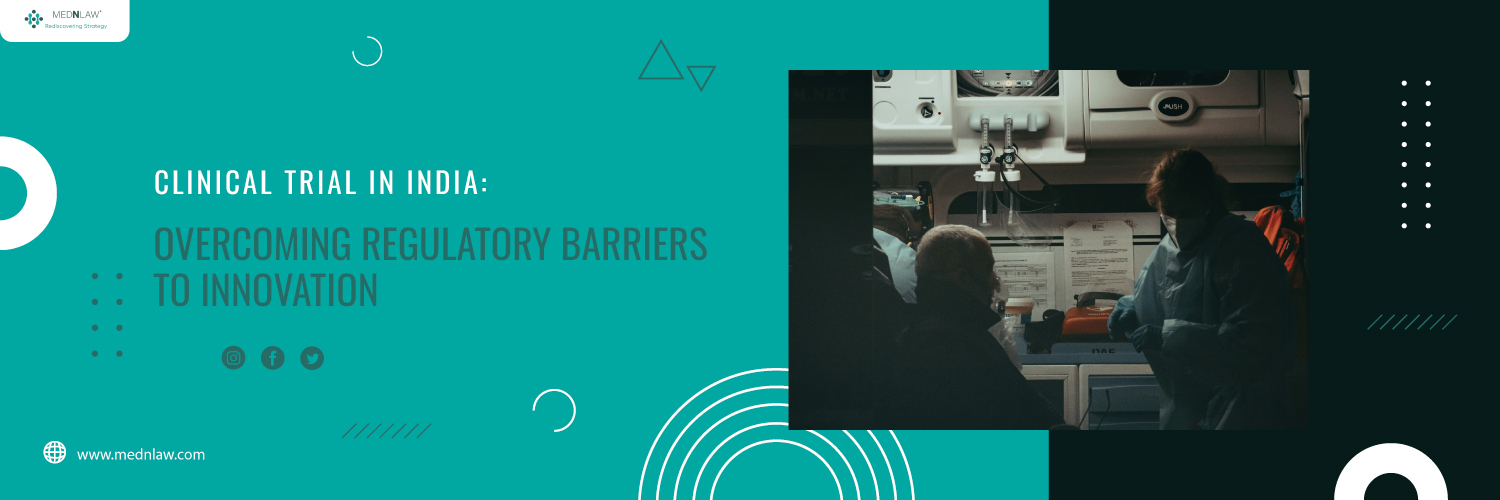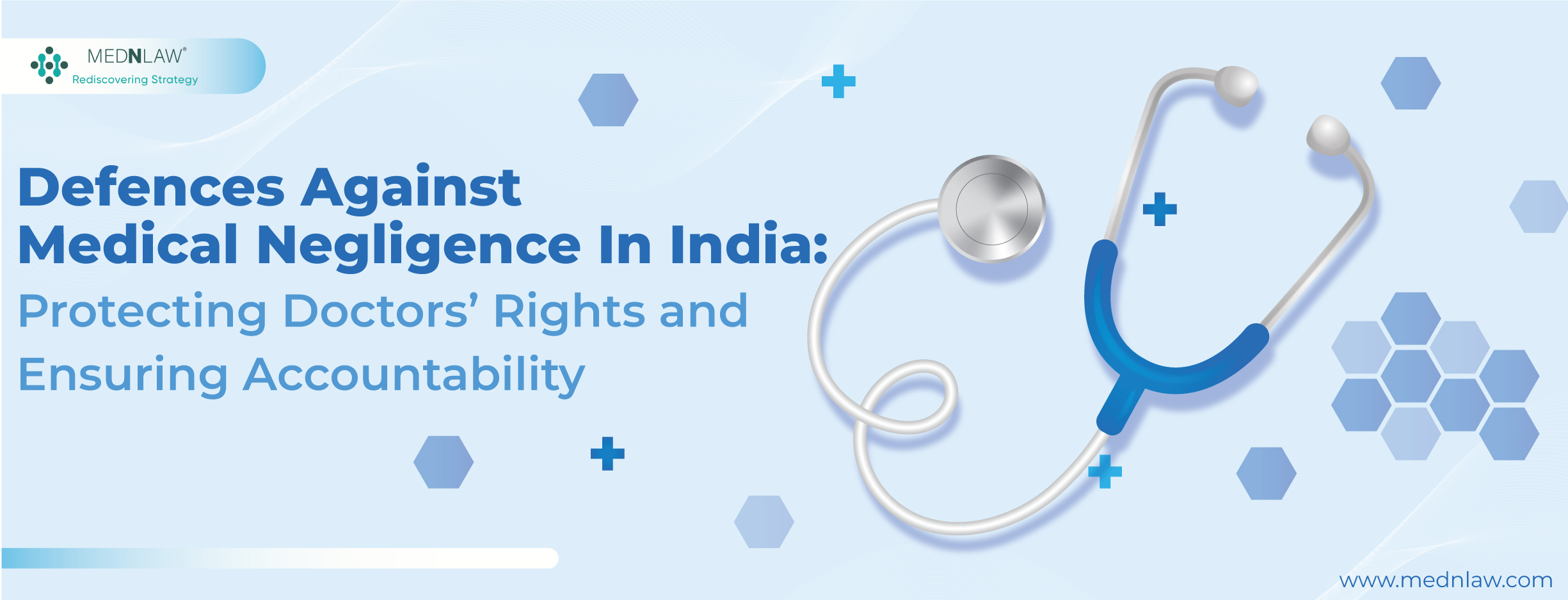
Doctors are considered to be next to God, as they save lives. However, the term medical negligence or medical malpractice usually catches people’s attention as cases arise daily. So, let’s dive deep and learn more about the Defences against Medical Negligence lawsuits in India that doctors can use to safeguard their position and practice.
Is it Medical Negligence – Separating Facts from Fiction
Medical Negligence or Medical malpractice occurs when a healthcare professional or the facility fails to act at the expected standard of care, which results in harm or injury to the patient. The acts of omission, like misdiagnosis, surgical errors, medication mistakes, or failure to inform patients of the risk also come under medical negligence. The failure in care from the end of healthcare specialists results in various degrees of harm and sometimes costs the lives of the patients. In that case, it is important to take action and seek legal remedies to safeguard the patients’ interests.
However, as quoted by William Osler, “Medicine is the science of uncertainty and the art of probability. At times people misinterpret the error of judgment and do not analyze the risk involved in the treatment beforehand. This misinterpretation leads to patients or patients’ relatives mistaking other factors for medical negligence.
Such cases of medical negligence, take a toll on the medicos’ life as it affects their practice, costs them a heavy sum of money, and even results in the cancelling of their licenses. Further, in such cases, the doctors need to know the Defences against Medical Negligence so that they can protect their honour and years of hard work.
Legal Framework for Medical Negligence in India
-
- Civil Law – The civil law helps the victim to claim the damages done by medical negligence through tort law for harm. Furthermore, the plaintiff needs to prove the doctor’s breach of duty that led to the harm or injury.
- Consumer Protection Act, 2019 – The medical services fall within the definition of ‘service’. Patients who suffer injury due to the lack of services provided by medical professionals can file complaints in consumer court claims.
- India Penal Code (IPC), 1860 – The Section 304A, IPC points to the cases where a person dies by a rash or negligent act that does not count as a homicide. In terms of medical negligence, this section is imposed when the doctors’ actions are grossly negligent it lead to the patient’s death. Furthermore, the accused can face criminal charges that lead to imprisonment or fines. The court often evaluates that the act is enough to constitute a criminal act, and distinguishes between an error and gross malice.
- The Consumer Protection Act makes the process of lengthy civil litigation simple by offering them a specialized forum for grievances. The compensation provided usually covers all other medical expenses, loss of income and suffering.
- In contrast to criminal cases civil cases are based on the ‘preponderance of probabilities’ rather than ‘beyond reasonable doubt’. The civil claims usually involve comprehensive evidence, including medical records, testimony of some specialist and procedural documentation. This framework addresses medical negligence by providing remedies and depicts accountability.
Defences against Medical Negligence Lawsuits – Guidelines for Doctors
Over the years, by analyzing the medical negligence cases. The judiciary gave certain judgments through which doctors can protect their integrity and save their practice. In general terms, there are certain defenses against medical negligence lawsuits, which help doctors to protect their interests. Let’s know more about the defences against medical negligence lawsuits:
Volenti Non-Fit Injuria
Volenti Non-Fit Injuria is one of the defences against medical negligence. It is a legal postulate that means “to a willing person, no injury is done.” This principle applies when the patient voluntarily consents to a procedure or surgery, even after knowing its inherent risks. For example – if the patient gets surgery done even after being informed about its potential complications. The doctor will not be liable when the complications show up unless medical negligence is proven.
Assumption of Risk
Assumption of Risk is another legal doctrine that is invoked in medical negligence cases. This principle applies to patients who knowingly and voluntarily accept the risk associated with the medical procedure but still agree to go for it. In that particular case, the healthcare facility or the professional won’t be liable for the risks that occur. Furthermore, it is very important for the medicos to fully inform the patients about the potential complications through informed consent. Nevertheless, it does not protect medical professionals from liability if negligence like a deviation from accepted standards or reckless behaviour is proven.
Res Ipsa Loquitur
Res Ipsa Loquitur is a legal principle that means “the thing speaks for itself.” It directly means the nature of injury itself implies negligence without needing proof. For example: The negligence cases of leaving surgical instruments inside a patient post-surgery indicate medical negligence. This doctrine shifts the burden of proof to the defendant to prove there was no negligence. The key elements include exclusive control by the doctor or surgeon, and the injury being one which cannot occur without negligence.
Contributory Negligence
Contributory Negligence is said to be when the healthcare provider claims that a patient’s action or omissions contributed to their injury or worsened their outcome. For example, if the patient fails to follow the prescribed medicines and treatment, delays in taking medical help, or does not disclose the medical history, this is considered contributory negligence. In such cases, the court reduces or dismisses the compensation claims depending upon the extent of the patient’s contribution to the injury.
The error of Judgement
The error of judgment in a medical professional’s practice refers to a situation where the diagnosis of the doctor is incorrect. Further, the error of judgment does not automatically refer to liability unless it is proven that the decision is different from the standard of care expected in similar circumstances.
Act of God or Unexpected Events
If the injury or harm is from an unexpected event or act of god. The healthcare professionals cannot be held responsible. For example, a sudden natural disaster or unforeseen complications not related to the treatment. In such conditions, the medical care professional cannot be held responsible.
The Limitation Act, 1963
The Limitation Act, of 1963 inflicts a specific time limit for filing legal claims. The patient has up to three years from the date of injury or its discovery to take action through the legal proceedings. Furthermore, the rule ensures that cases are directed while the evidence remains fresh. For minors, the limitation period starts once they attain adulthood. The law ensures the timely filing of claims while balancing the interests of both patients and healthcare professionals. The main aim of this law is to emphasize the importance of acting on time to seek justice in cases of medical negligence.
Vicarious Liability Defence
In most of the cases, the hospital might be responsible for the injury or harm. In that case, the healthcare professional can argue that the fault lies with the institution rather than the individual practitioner, this will make their defences against medical negligence even more stronger.
Absence of Intent
Medical Negligence is generally unintentional. Demonstrating the lack of malice or intent will make your defences against medical negligence even stronger, particularly in the criminal cases under Section 304A of the IPC or Section 106 of the BNS.
Key facts to safeguard practice from medical negligence – Prevention is better than cure
Compliance with the standard of care
One of the strongest defences against medical negligence is showing that the patient was taken care of according to the standards. Thus the medicos need to pay attention to detail when treating patients. Maintaining a health doctor-patient relationship minimizes the chances of medical malpractice lawsuits.
Informed Consent
The medicos need to inform and obtain consent from the patient or their families about the risks involved in the surgery or procedure. By doing this, the patient’s side will be priorly informed and sure if they want to go with that particular procedure. This will minimize the chances of any lawsuits.
Documentation and Record Keeping
A thorough documentation of the patient’s medical history, diagnostics tests, treatment plans, and consent forms is very integral. These documentation and records will act as critical evidence in these and act as one of the major defences against medical negligence cases and will bring the judgment in your favour.
Conclusion
These are a few defences against medical negligence lawsuits. To safeguard the medical practice from medical negligence, medical professionals must adhere to the standard of care, maintain the documents, foster healthy doctor-patient relationships, obtain informed consent, etc. Furthermore, regular staff training, ethical conduct, and transparency in addressing complications can protect them from medical negligence lawsuits. Additionally, it is important to understand that providing the defences against medical negligence lawsuits requires an extensive approach that combines legal expertise, medical knowledge, strategic planning, etc.
Law sees everyone equally and seeks to provide justice to all. But doctors should also note that adhering to best practices, maintaining records, and promoting strong doctor-patient relationships is integral, its acts as the best defences against medical negligence. These atomic practices can minimize the risk of lawsuits and strengthen their defences against medical negligence in case any claim comes up. In the end, the goal is to ensure both patients and medicos are secured and protected.
Here are some related articles you may find interesting
-

-

-
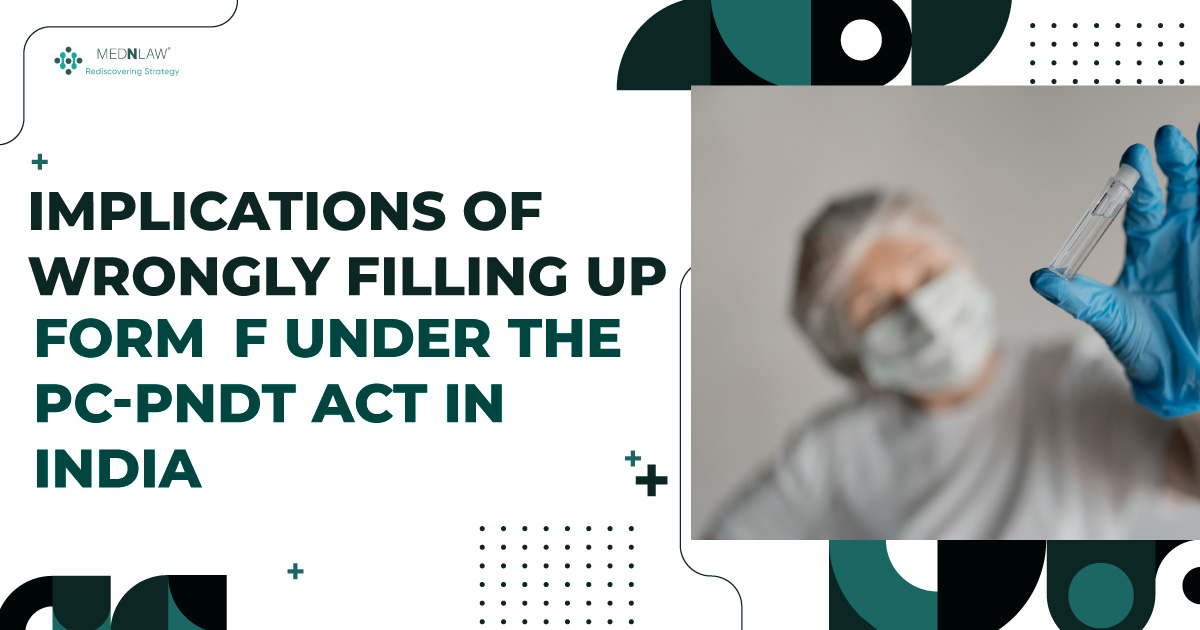
-
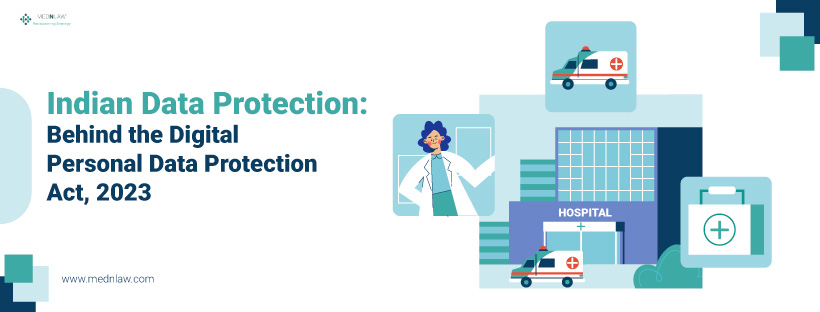
-
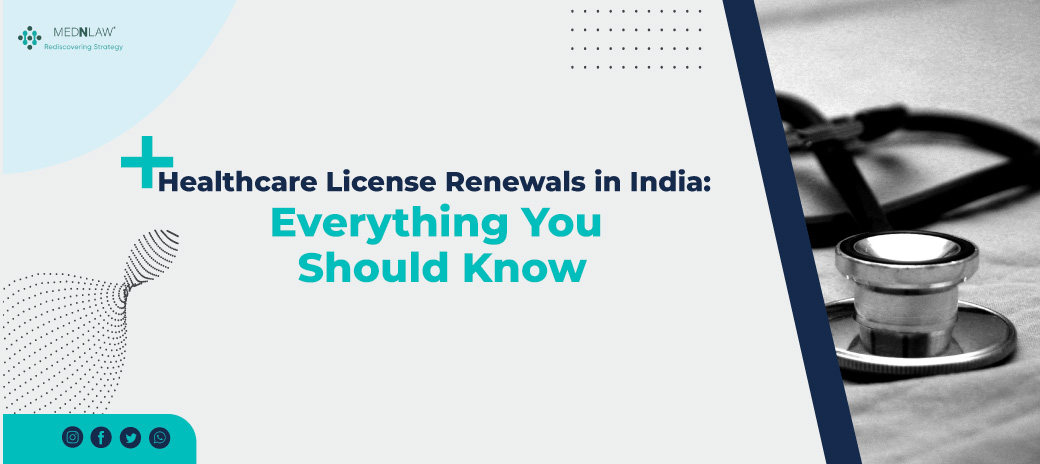 Healthcare License Renewals in India: Everything You Should Know5:59 am GMT+00:00•March 19, 2025Read more
Healthcare License Renewals in India: Everything You Should Know5:59 am GMT+00:00•March 19, 2025Read more -
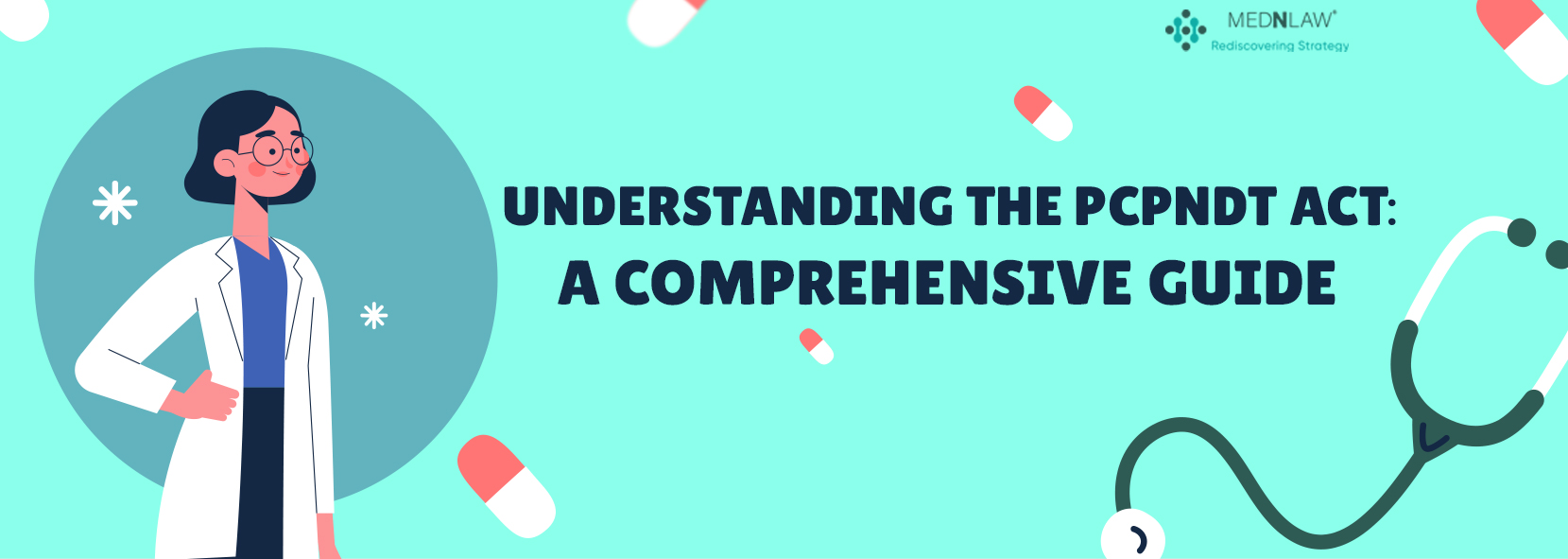
Copyright Mednlaw



